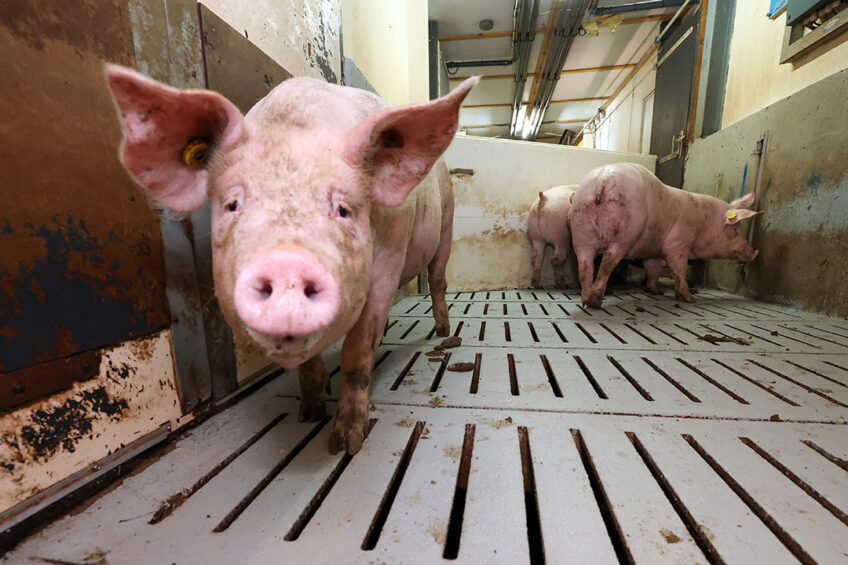Disease prevention for nutritionists

Animal health giants and new startups alike are investing in new solutions for animal diseases. Swine nutrition and health expert Dr Casey Bradley is excited for what the future holds.
What an exciting journey this summer has been, kicking off at the World Pork Expo in Iowa, where pigs and people come together in a symphony of snorts and handshakes. I was fortunate to interview Merck/MSD Animal Health’s Dr Brett O’Brien and connect with 2 new customers, Medgene Labs and Farm Health Guardian. Our conversations left me awestruck by the hidden depths of our knowledge gap in understanding the real cost of disease in our herds. But worry not! Animal health giants and new startups alike are investing in new solutions, and I am excited for what the future holds.
Prevention or therapeutic nutrition
Now, as I wrap up summer with a rather unexpected cold, it’s got me pondering about my role in swine health as a nutritionist. Should we take a detour from the number-crunching of line-item costs to the land of prevention or therapeutic nutrition? This always drives me back to the continued research and conversations on changing the soybean meal inclusions in Porcine Reproductive and Respiratory Syndrome positive pig flows.
When facing a summertime cold, comfort food calls to me. What about you? A hearty soup and some rest may sound mundane, but these simple truths could take us down the intriguing rabbit hole of water quality and oxidative stress in the body. Fascinating, isn’t it?
Thus, my fellow swine nutritionists may I make a few recommendations:
Boosting vitality: Elevate vitamins A, C, D and E in the water or feed in disease-prone flows.
Nature’s arsenal: Embrace unique blends of flavonoids, phytogenics and natural antioxidants.
Infection blockade: Consider organic acids or medium chain fatty acids to deter co-infections.
Reset the growth curve of disease-challenged pigs
Now, I must assure you, I am not donning the hat of a feed additive salesman. But let’s take a moment to ponder: Could we reset the growth curve of disease-challenged pigs? It might not make them Olympic sprinters, but optimising their potential could reduce overall morbidity. In my mind their nutritional needs are potentially vastly different from that of their counterparts and thus different feed budgets and nutritional requirements should be considered.
Feed additives and creative formulations may be a potential solution, but they will never replace the nitty-gritty management of ingredient suppliers and biosecurity
Disease prevention should be top of mind for all nutritionists
The moral of the story? Disease prevention, once driven by our esteemed veterinarians, should be top of mind for all nutritionists alike. Feed additives and creative formulations may be a potential solution, but they will never replace the nitty-gritty management of ingredient suppliers and biosecurity.
New day in the swine industry
It is a new day in the swine industry, and nutritionists are stepping into uncharted territories with a twinkle in their eyes and a scoop of feed in hand. Today, the stakes are high. So, let’s saddle up and tackle the challenge with science, heart, a sprinkle of humor and a newfound role that adds more zest to our daily grind.







